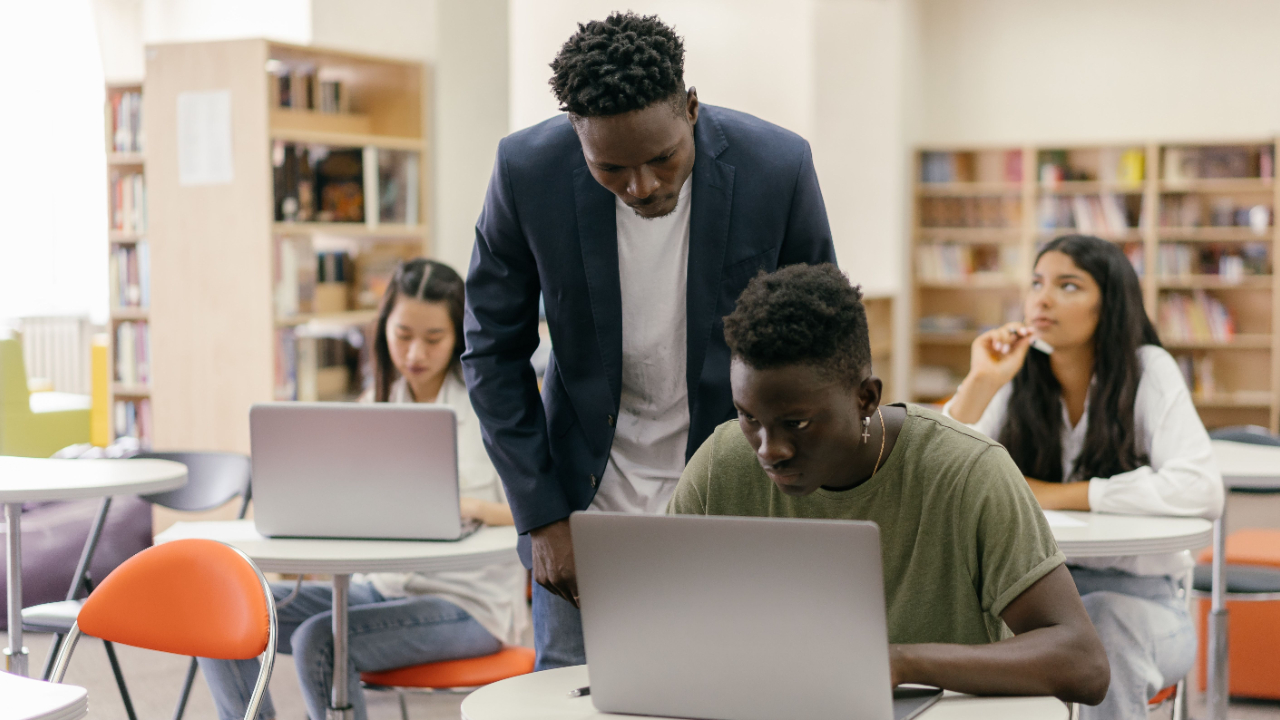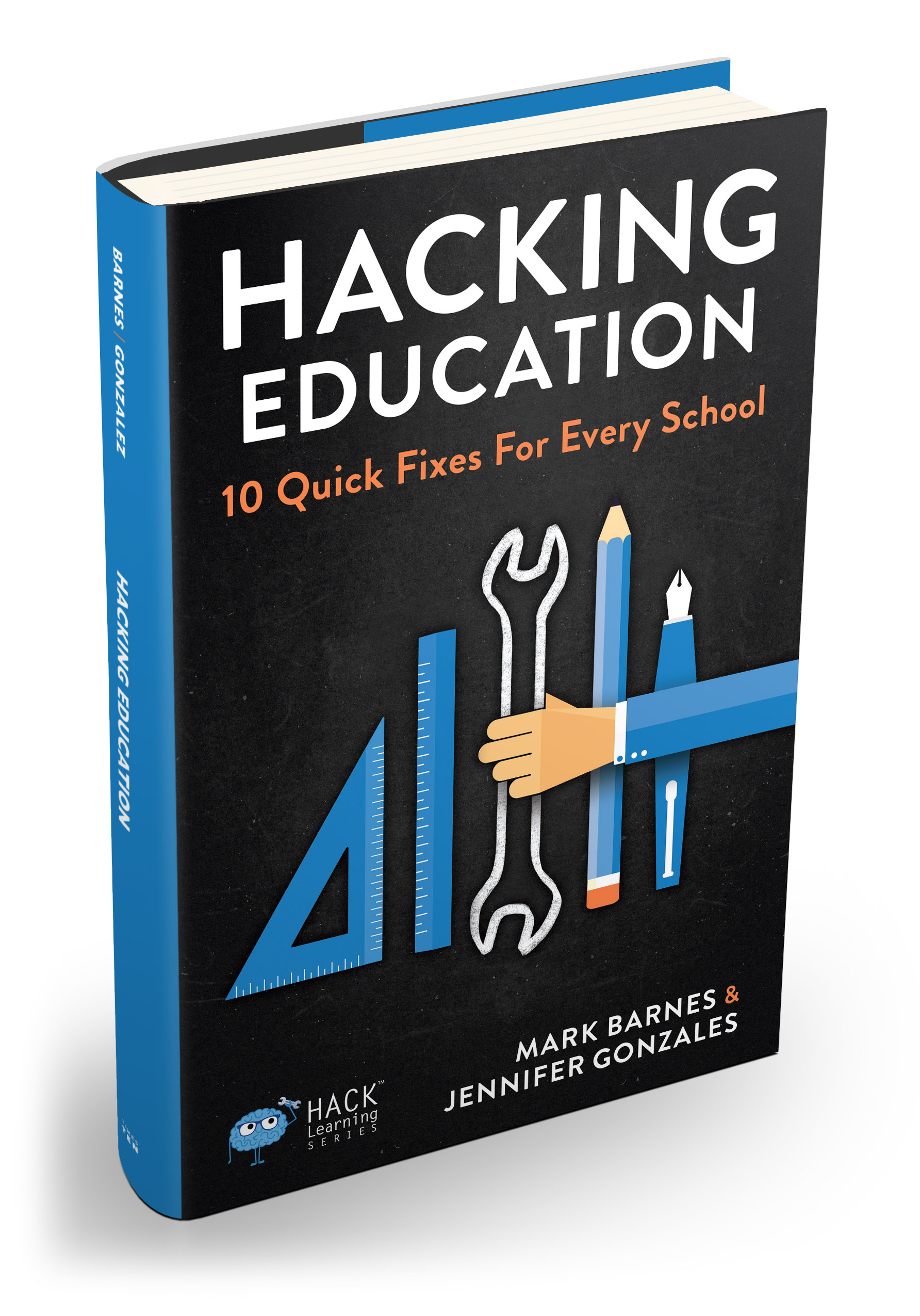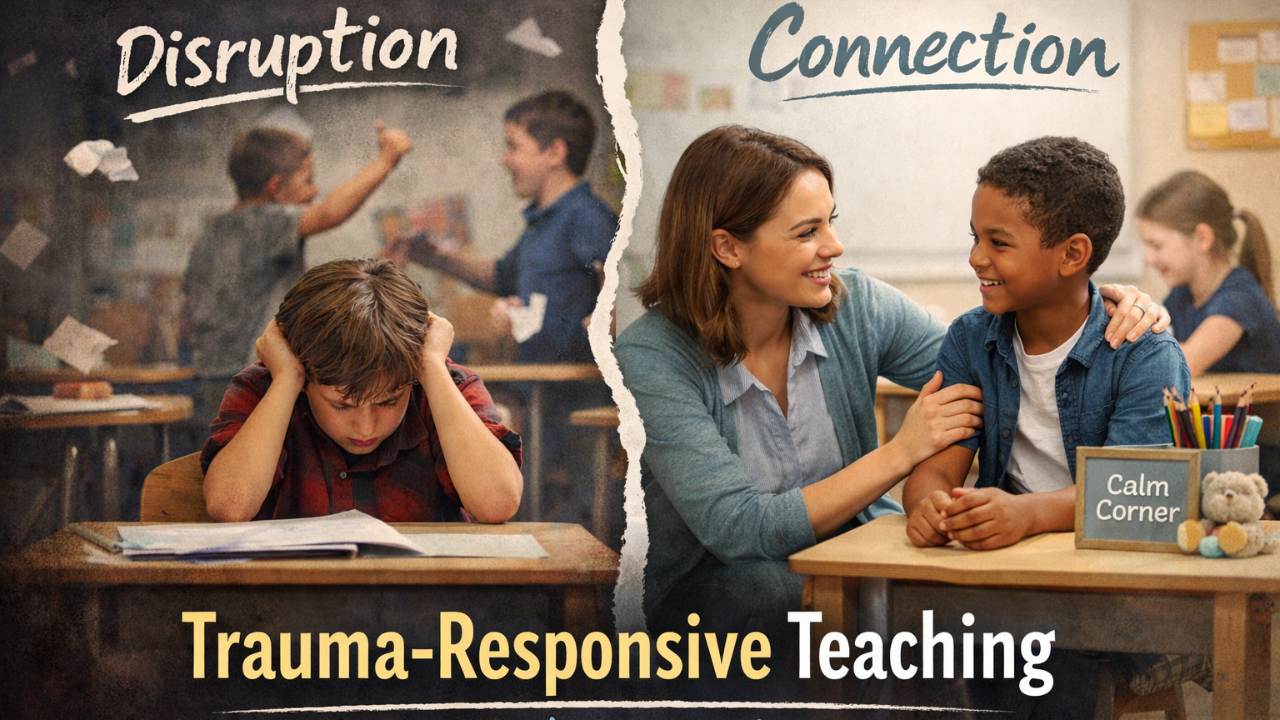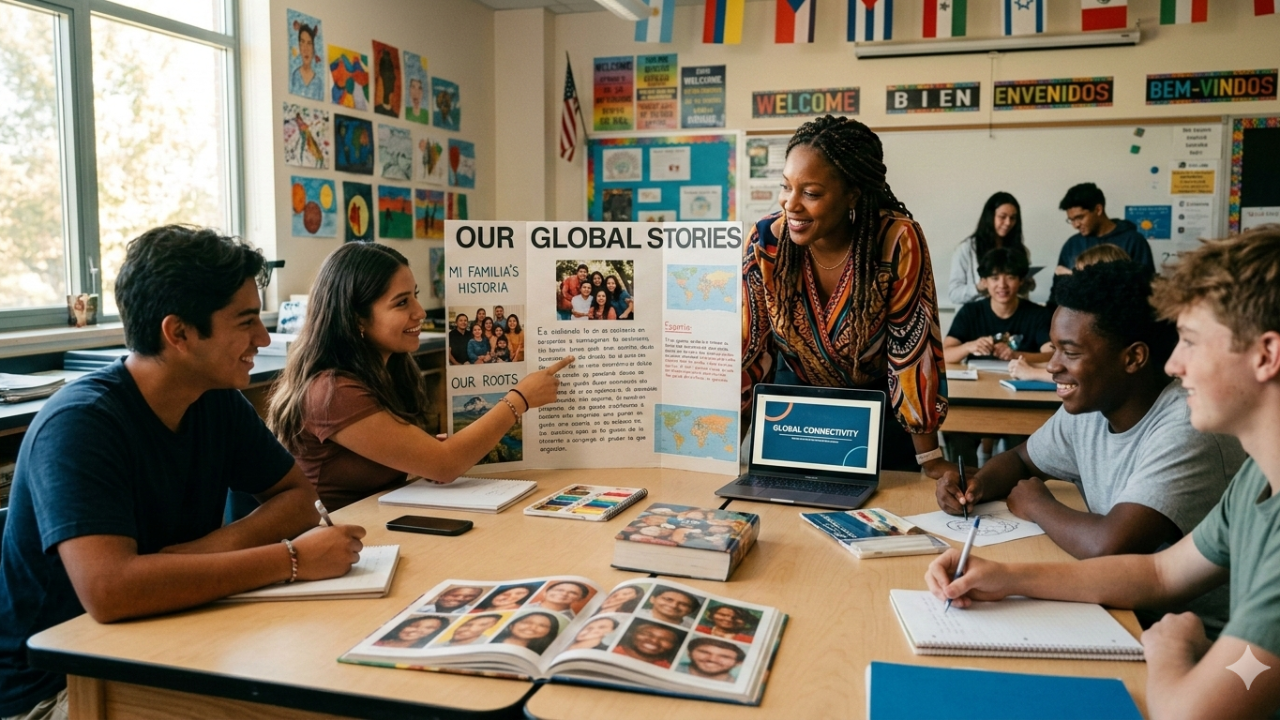10 Easy Tips That All Educators Should Follow
May 26, 2023
Educators are always looking for ways to improve their teaching and help their students learn more effectively. While there is no one-size-fits-all solution, there are a number of quick fixes that can make a big difference.
Here are 10 quick fixes that every educator can use:
- Get to know your students. The more you know about your students, the better you will be able to understand their needs and interests. Take the time to learn about their backgrounds, their families, and their goals. This means talking to students individually inside or outside of class. Don't just know the student side of your students.
- Set clear expectations. Strict rules are not necessary in the classroom. Let your students know what you want from them and allow your students to tell you what they want. Setting clear expectations means your students know what to expect of you and what you expect of them.
- Be organized. Having a well-organized classroom will help you to run your class more smoothly and efficiently. Organize your classroom in a way that students can work efficiently and effectively with their peers or on their own. Have a clear schedule of how your class is going to run for the day. Being organized also means accepting not everything is going to go as planned and being prepared to be flexible.
- Be positive and enthusiastic. Your students are more likely to be engaged and motivated if you are positive and enthusiastic about your teaching. No student wants to hear their teacher say, "I don't really like this topic, but I have to teach it." Immediately, you have lost every student in your classroom. Even if you are teaching a topic you don't like, make it engaging and try to stay positive.
- Use a variety of teaching methods. Not all students learn in the same way. By using a variety of teaching methods, you can reach all of your students. Don't stand in front of your class all day and lecture. Let your students get in on the action too! Throughout the day students should be doing hands-on activities using the information you are teaching them.
- Provide feedback. Feedback is essential for helping students to improve their learning. Make sure you provide feedback on a regular basis, both positive and negative. Make your feedback specific. Don't just mark up a student's essay with red pen and slap a grade at the top. Make your students understand what they did incorrectly and how they could correct it. Positive feedback is important too. Make sure you are consistently telling your students when they are doing a good job.
- Be patient and understanding. Not all students will learn at the same pace. Be patient and understanding with your students as they learn and grow. Be understanding when students make mistakes and encourage your students to always keep trying.
- Celebrate successes. When students succeed, be sure to celebrate their successes. This will help to motivate them to continue working hard. If students are okay with it, shout them out to the class and celebrate their accomplishments. These can be things students achieved inside the classroom or outside of the classroom. Tell your class how well one student did on their math test and tell the class how well another student did in their softball game.
- Create a positive learning environment. A positive learning environment is essential for student success. Make sure your classroom is a place where students feel safe, respected, and valued. Your classroom should have a culture of collaboration and cooperation.
- Be a role model. Students learn by watching the adults in their lives. Be a role model for your students by demonstrating the behaviors you want to see in them. Be respectful of yourself and your students and model how you want your students to behave.
Read a similar article with even more quick fixes that every educator can use or read Hacking Education for 10 quick fixes that every educator can implement tomorrow.
In addition to these quick fixes, there are a number of other things that educators can do to improve their teaching and help their students learn more effectively. These include:
- Continuing education. Educators should continue their education by taking courses, attending conferences, and reading professional journals. This will help them to stay up-to-date on the latest research and best practices in education.
- Collaboration. Educators should collaborate with their colleagues to share ideas, resources, and strategies. This can help them to improve their teaching and to provide their students with the best possible education.
- Parent involvement. Educators should work to involve parents in their children's education. This can help to ensure that students are getting the support they need at home.
By taking these steps, educators can make a real difference in the lives of their students. They can help them to learn more effectively, to reach their full potential, and to succeed in school and in life.






